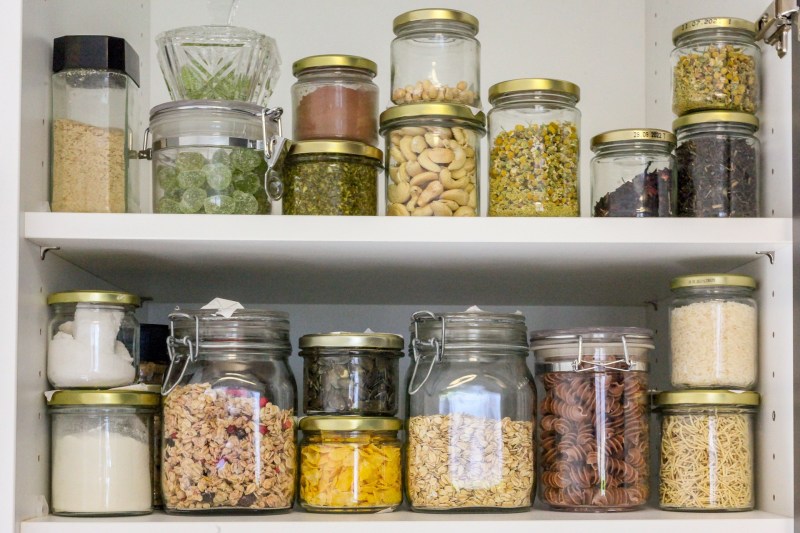
According to Feeding America, a U.S.-based nonprofit organization consisting of more than 200 food banks, Americans waste 119 billion pounds of food every year. And while commercial food waste makes up more than half of that amount, wasted food from individual homes accounts for about 40%. As shocking as this amount may seem at first glance, it makes sense when we stop to consider how many times per month we rifle through our refrigerators, tossing something that seems to have wilted overnight or sprouted some fuzzy green hairs since you last opened the lid. Straight into the trash those things go, along with our money and good intentions.
Thankfully, though, there are some ingredients that magically will never go bad — ingredients that, in some cases, have far longer shelf lives than we do. These are the ingredients that, with proper care, will never see the inside of a soggy, wet coffee ground-infested garbage bag.
So feel free to stockpile these items without worry. Whether you’re preparing for a zombie apocalypse, or just really have a thing for Costco, you should always buy these ingredients in bulk. No need for expiration dates here — these shelf-stable ingredients will last for years to come.
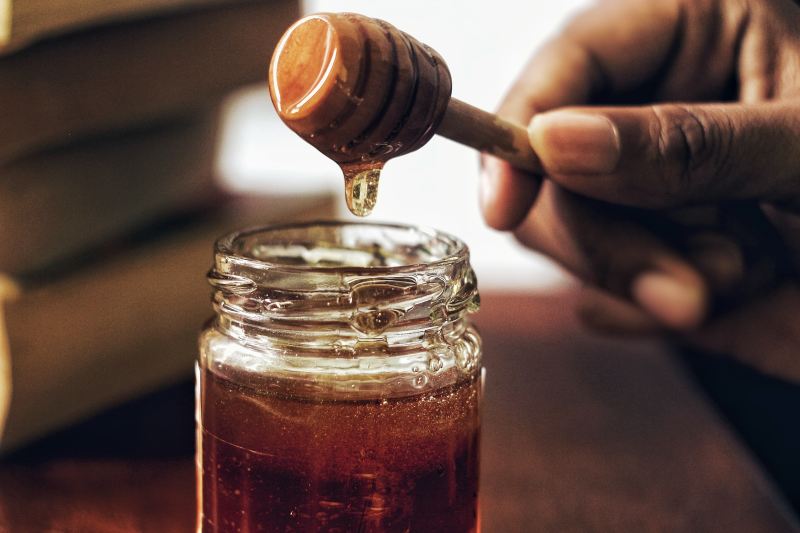
Honey
This lusciously sweet nectar is wonderful for numerous reasons. Not only is it tantalizingly delicious, but it’s full of natural antioxidants, boosts our immune systems, soothes sore throats, and even adds a little sweetness to our sexual health. For these reasons alone, this syrupy sweet treat deserves a constant place in our cabinets. But in addition to all of these wonders, honey is practically everlasting in its shelf life. Because of its low water content and high acidity levels, microorganisms can’t survive in this sticky substance, making it essentially eternal. In fact, honey has been unearthed from ancient Egyptian tombs, still well preserved and edible. How’s that for a shelf life?
So while honey is the priciest item on our list, you’ll never have to worry about a single drop ever going bad, and purchased in bulk, it is much cheaper. It may crystalize, which is easy to solve, but that won’t affect texture or taste, and it will never expire. Check out our favorite trick for de-crystalizing honey here.
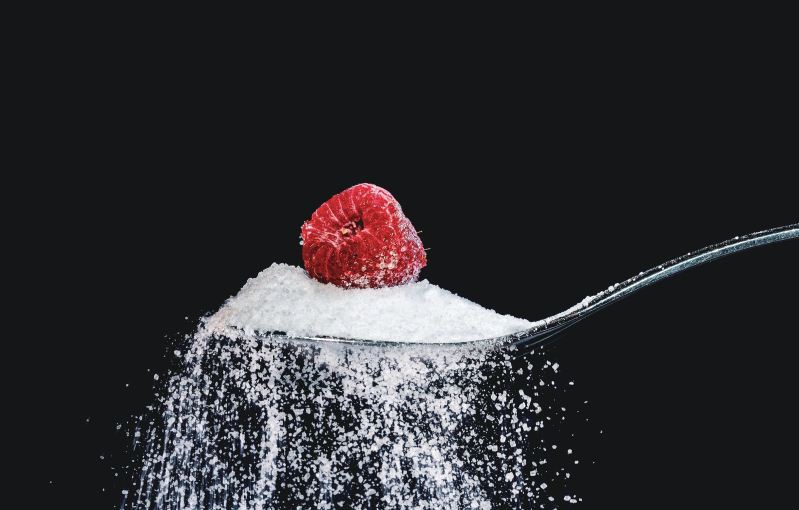
Sugar
If there was ever any doubt that there’s even a little good left in the world, simply knowing that sugar is practically eternal is enough to spark hope. Is there anything that goes unimproved by a loving sprinkle of sugar? We say no. And for all the bad rap it has, sugar is actually a critical part of the human diet. Glucose is an enormous source of fuel for the brain, working to help our minds function properly and giving our bodies the energy they need to operate.
Enjoyed in obvious moderation, this little substance is the giver of desserts and therefore, of happiness. What’s more, is that sugar will, selflessly, never leave you in your time of need. When thoughtfully stored in a dry place, sugar can last for decades. This is because of its desiccating properties. The bacteria and microorganisms that cause food to spoil need moisture to thrive, and sugar shuts that nonsense right down.
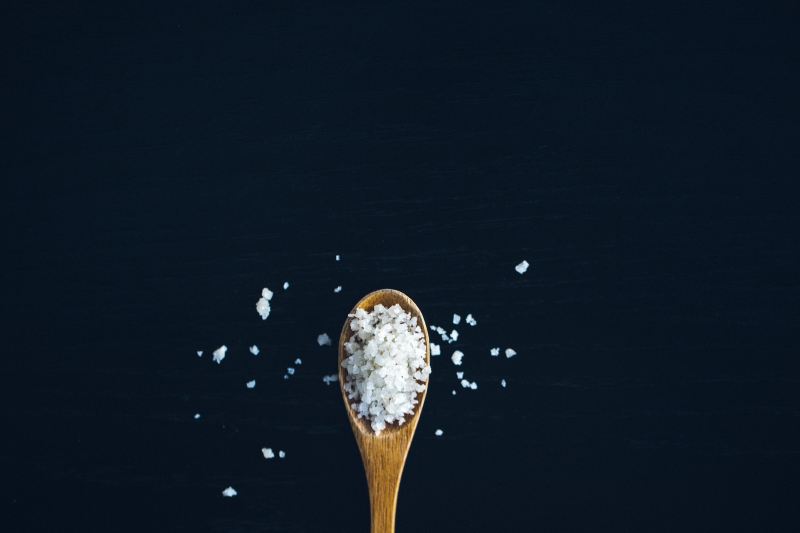
Salt
It makes such perfectly poetic sense that salt is everlasting. For all of the life, flavor, and history salt holds, it only seems right that this ingredient will never expire. Salt draws the water out of bacteria, taking away its ability to survive, which is why salt has not only been used as a seasoning, but as a preservation method for ages.
Salt is crucial for our bodies to function properly. It aids the balance of fluids and electrolytes, regulates blood pressure, carries nutrients to cells, and helps maintain nerve health. On a culinary level, salt brings food to life, transforming the bland into the extraordinary. It’s also a beautiful agent of preservation, giving foods — even just temporarily — a taste of its eternal life.
So the next time you run to the store for Kosher salt, make sure and grab the bigger box.
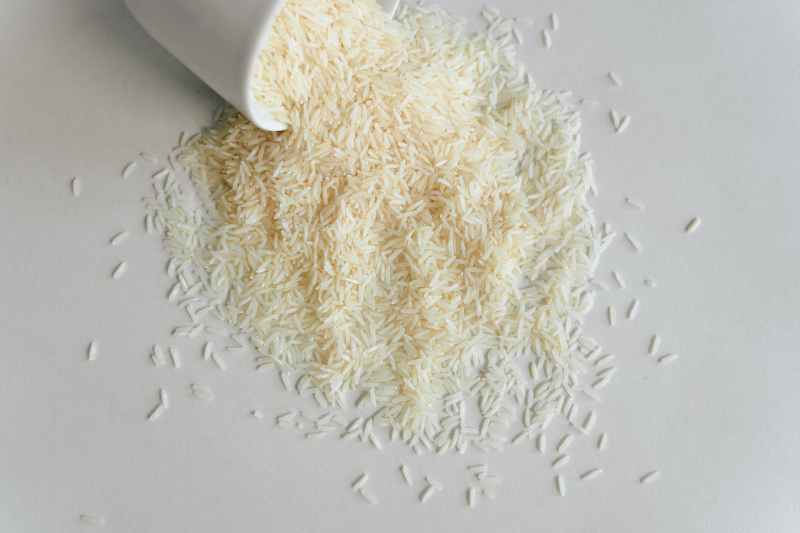
White rice
White rice — arguably the most commonly consumed pantry staple in the world — contains no oils or fats, and can therefore last for decades when properly stored. Unlike brown rice, which is not milled or polished and therefore has a higher oil content, white rice will keep almost indefinitely.
A study conducted by Brigham Young University found that in cooler temperatures, both polished and parboiled white rice maintained its flavor and nutritional value for up to 30 years. So not only will this incredibly delicious and versatile ingredient keep from going bad, but it will remain a healthy source of folic acid, potassium, and magnesium which are important for blood pressure regulation and preventing heart disease. And again, if you love Costco, this is the best place to buy it in bulk and save some dough.



